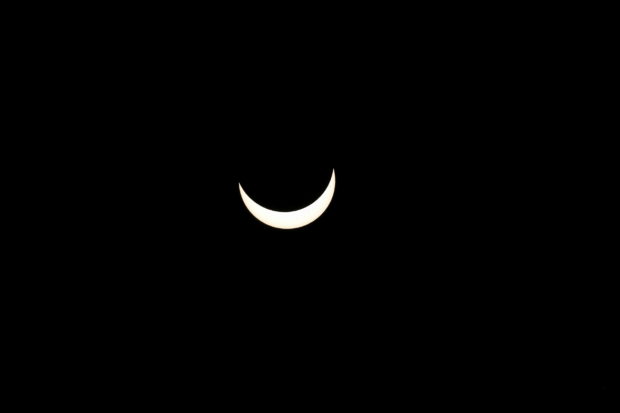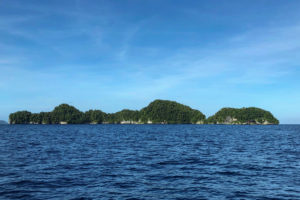SANTIAGO –Tourists in central Chile hoping to experience a total solar eclipse saw day turn to night shortly after noon on Monday, though fog and rain clouds obscured the sky across much of the region disappointing some sightseers.
A solar eclipse occurs when the moon passes between the Earth and the sun, plunging the area where this happens into darkness. It happens only rarely in any given spot across the globe.
More than 100,000 tourists traveled to the popular lakeside villages of Pucon and Villarica, as well as to several beach communities along the central Pacific coast to view the eclipse, braving a recent uptick in cases of COVID-19 in Chile, according to official reports.
Though the clouds made viewing difficult, the moon completely obscured the sun across a narrow, 56 mile (90km) band of Argentina and Chile around 1 p.m. local time (1600 GMT), to the cheers and applause of parka-clad tourists that stood out in the rain to watch the rare astronomical phenomena.
“It was incredibly strange, all of a sudden it began to get dark, just like that,” said Chilean tourist Vicente Bustamante, who said the experience was worthwhile even without seeing the eclipse itself.
The best viewing took place in Chile’s drier north, where citizens of the capital Santiago poured out on to the streets under clear skies to watch the moon partially overtake the sun.
Chile saw another full solar eclipse in its northern desert in July of 2019, the first in that region since 1592, according to the Chilean Astronomy Society.



